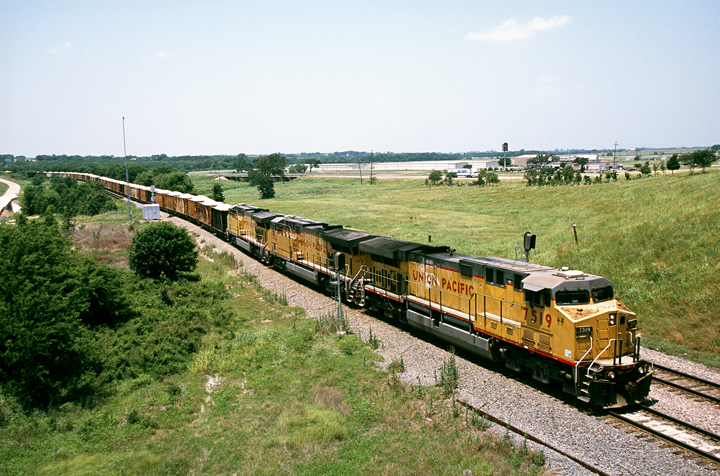
WASHINGTON — BNSF Railway’s efforts to serve two shippers located on Union Pacific trackage were dealt a setback today when federal regulators said they were not persuaded that BNSF had the right to reach the customers as part of conditions granted during the UP-Southern Pacific merger.
The separate decisions from the Surface Transportation Board, however, allow BNSF to request additional information from UP and then, if warranted, proceed with amended petitions for the board to review.
As a condition of the 1996 UP-SP merger, BNSF is permitted to access so-called 2-to-1 customers who were served by both UP and SP.
BNSF in February 2024 sought to gain access to Colorado Materials’ Uvalde Quarry in Blewett, Texas, off the former SP Sunset Route west of San Antonio, as well as Granite Mountain Quarries near Little Rock, Ark.
In the Texas case, the board said that BNSF failed to demonstrate that the quarry was a 2-to-1 customer that was rail-served at the time of the UP-SP merger. But the board said there was some evidence that suggests there was a dual-served customer on the line that at one time was served by SP and Missouri Pacific. UP acquired MP in 1982.
“Accordingly, the Board will allow BNSF to seek discovery from UP regarding information relevant to whether any facility existed on the Lead or in the vicinity of Blewett at the time of the UP-SP Merger and whether the SP-MP Agreement granted MP the right to provide local service on the Lead or granted MP overhead rights only,” the board said in its decision.
In the Arkansas case, BNSF told the board last year that UP has denied BNSF access to the Granite Mountain Quarries despite the quarry’s request for service from a second railroad.
BNSF contends that it has the right to serve the quarry as a condition of the UP-SP merger. Prior to the merger, the quarry was served by both UP and SP subsidiary Cotton Belt.
UP contends that’s not the case because the quarry also has been served by short line Little Rock & Western Railway via a reciprocal switch with UP. But BNSF argued that since the Little Rock & Western could only interchange with UP or SP, it means that BNSF should have the right to access the facility.
“The Board finds that there is insufficient information in the record to conclusively determine whether Granite Mountain was a 2-to-1 shipper at the time of the merger. UP is correct that the shippers that were open to reciprocal switching at the time of the merger are specifically listed in the tariff, and neither Granite Mountain nor McGeorge is included,” the decision says. “However, the parties dispute whether Granite Mountain was open to SP through another tariff provision: Item 2525. UP and BNSF have different interpretations of Item 2525’s purpose. UP argues that this provision was intended to give Granite Mountain the ability to request inter-terminal switching with SP, while BNSF argues it was intended to give Granite Mountain the ability to switch traffic to SP for movement to points outside of the Little Rock terminal. The Board finds that there is insufficient information to fully support either side’s interpretation.”
In light of this, the board said BNSF could request more information from UP and file an amended petition.
But the board added that it might have to weigh in on two additional matters. “Even if BNSF is able to provide evidence that SP provided line-haul service to Granite Mountain at the time of the UP-SP Merger, that would not be the end of the Board’s analysis,” the decision says.
The first is to determine whether SP provided carload or unit train service to Granite Mountain. If SP only provided carload service, BNSF would not be able to serve the facility with unit trains as planned, the board said.
The second deals with whether the Little Rock & Western had pre-merger access to Granite Mountain, which would make the quarry a 3-to-2 customer location.






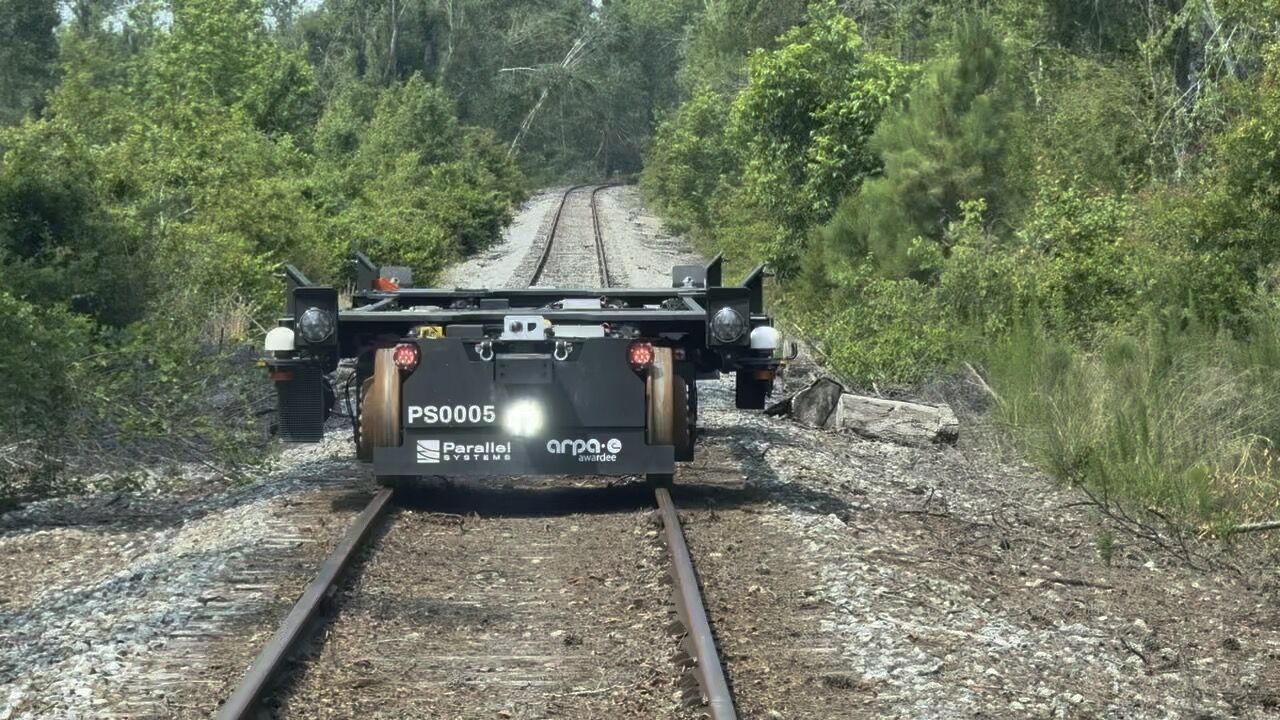
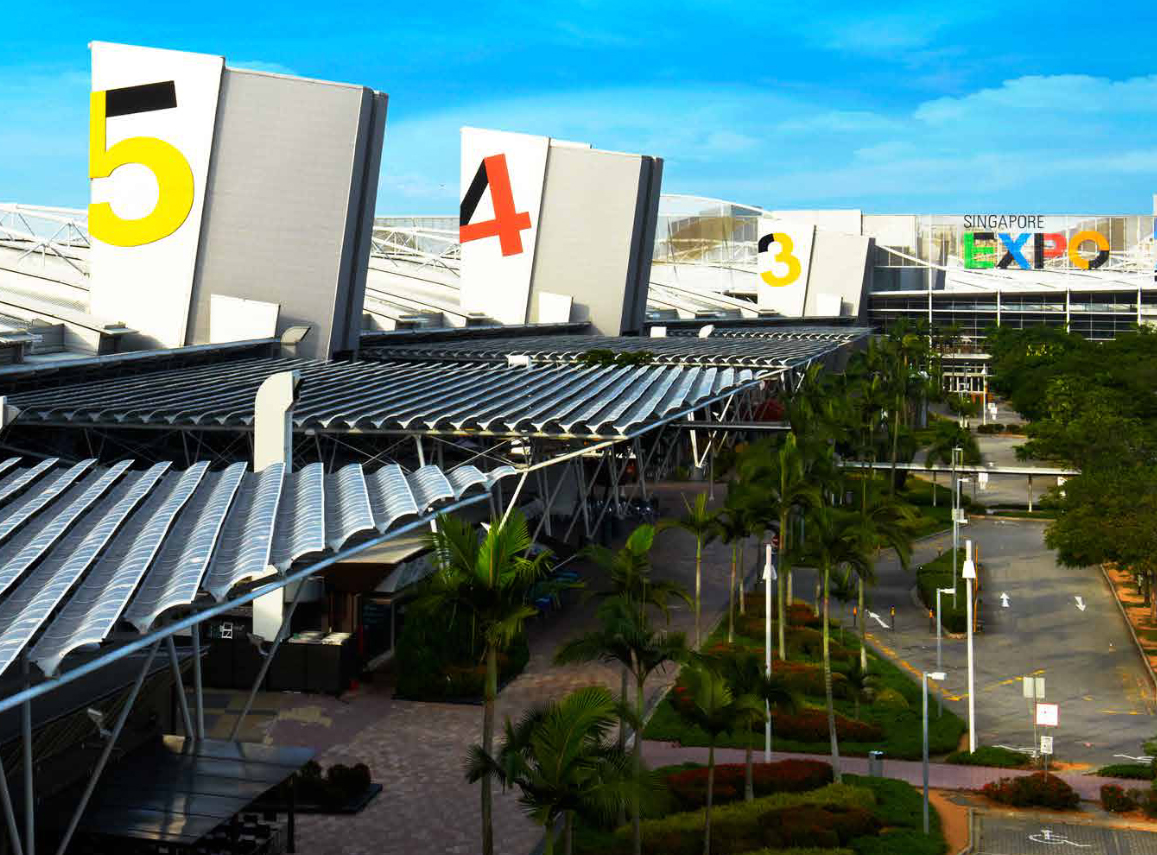
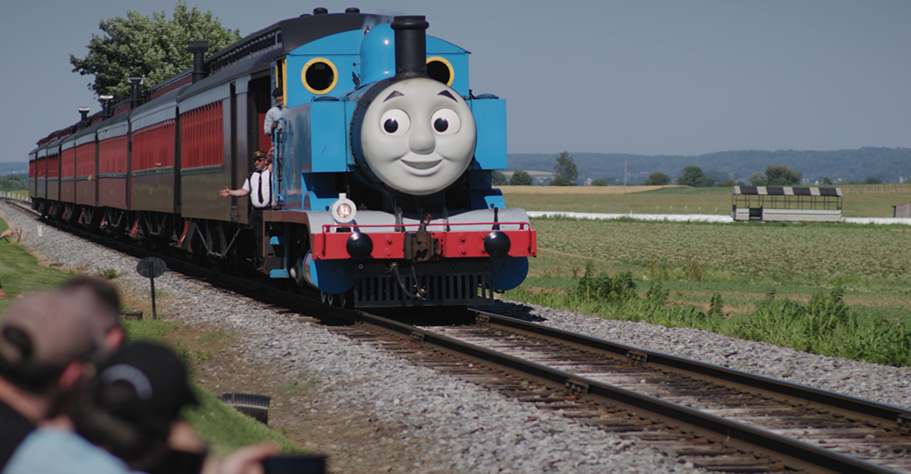
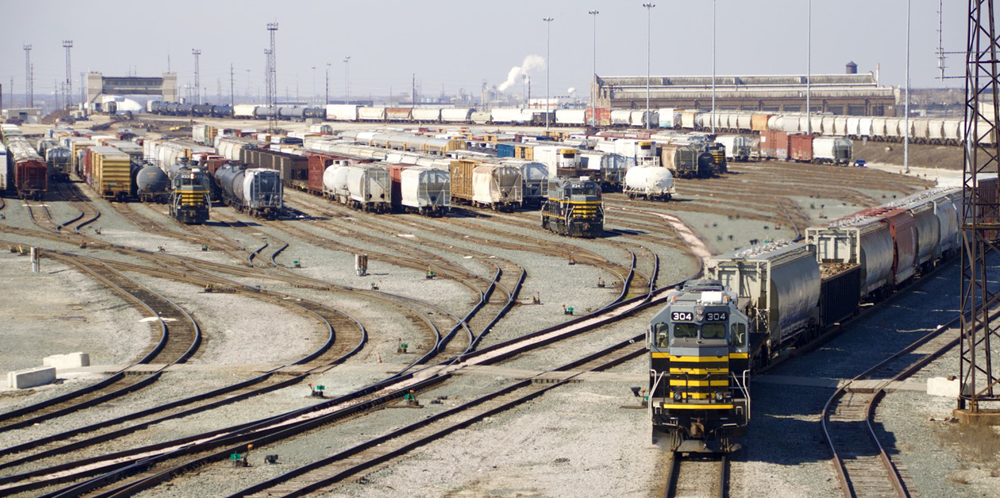




It seems this decision in UP’s favor (partially) would be against the STB’s previous statement regarding two railroads being able to switch a customer, especially if the customer wants that. Looks to me like the STB should promote competition. Monopoly should be a bad thing as it promotes high shipping rates.
That only applied to situations where both railroads had close proximity to the customer. That does not apply here as UP wouod have to “give” traffic” rights to BNSF to make switching possiible for BNSF, most likely the way the BNSF sales force sold the service to the customer in hopes they would succeed. This similar to the coal embargo in the Powder River where BNSF refused to haul more than a certain amount of coal to NRTC Group when UP could have provided service for the additional product but the STB said it didn’t apply. What is good for the goose id good for the gander… Sounds like BNSF was trying to use a chapter out of the CPKC Playbook regarding Grain shipments originating in the midwest… That didn’t receive approval either.
Wonder what the shipper’s (Quarry) desires are. To me, that would be the key issue.
Exactly. If a shipper wants more service options that are reasonable, the fact they can be held captive seems odd to me. I thought competition was good.